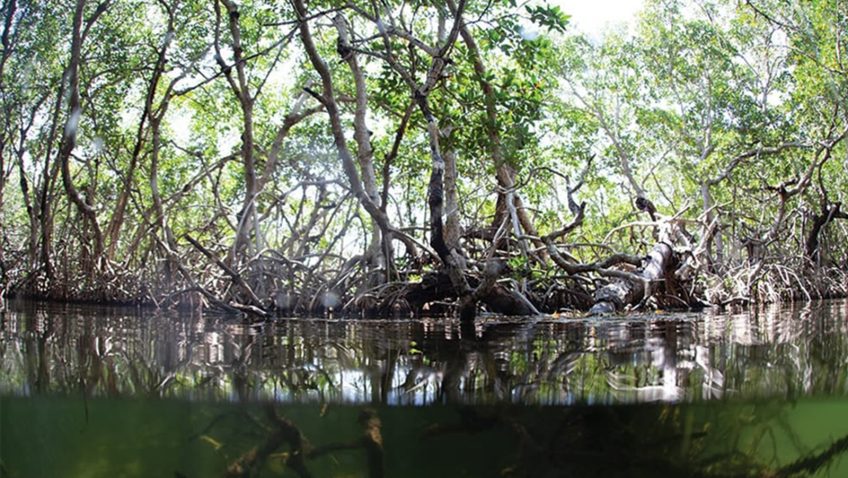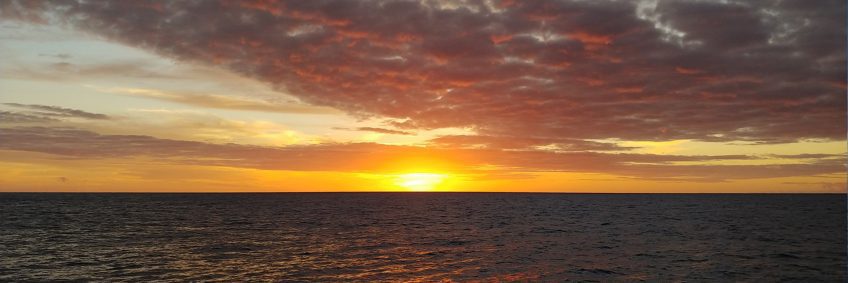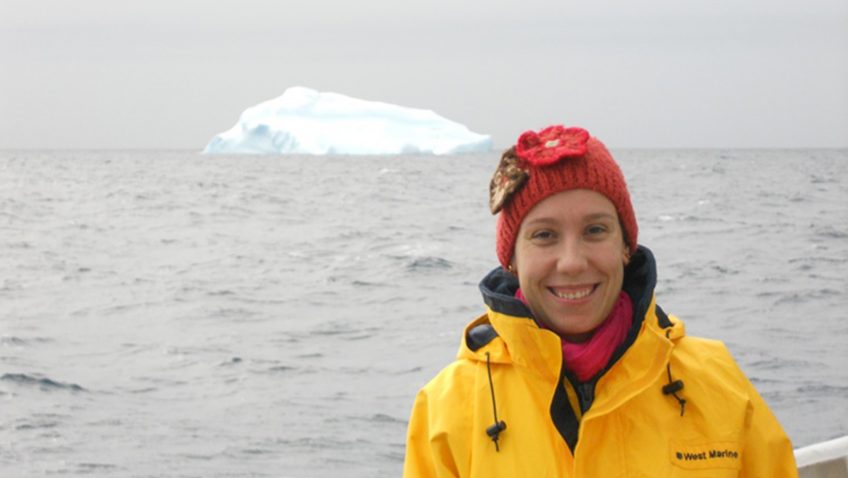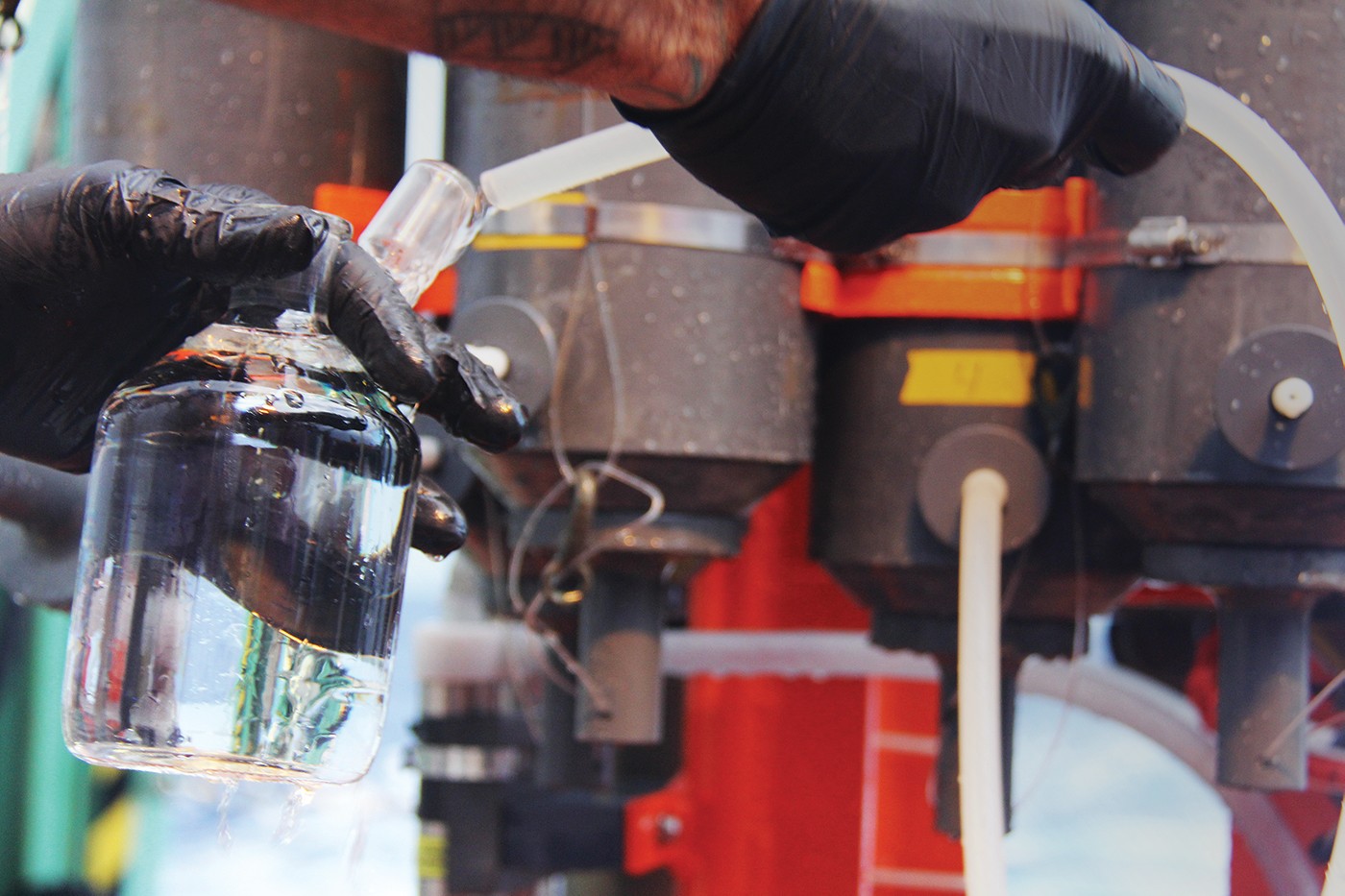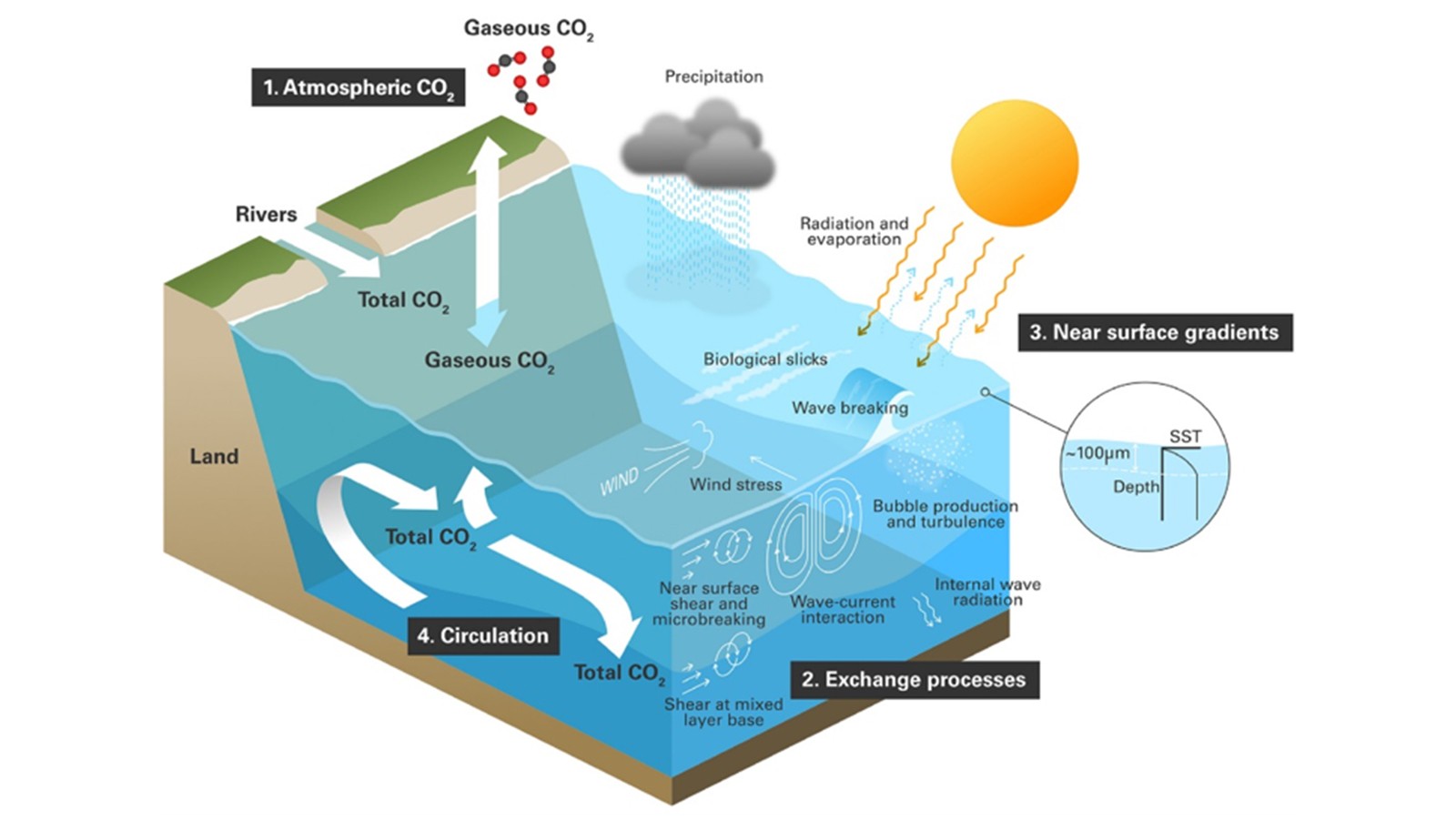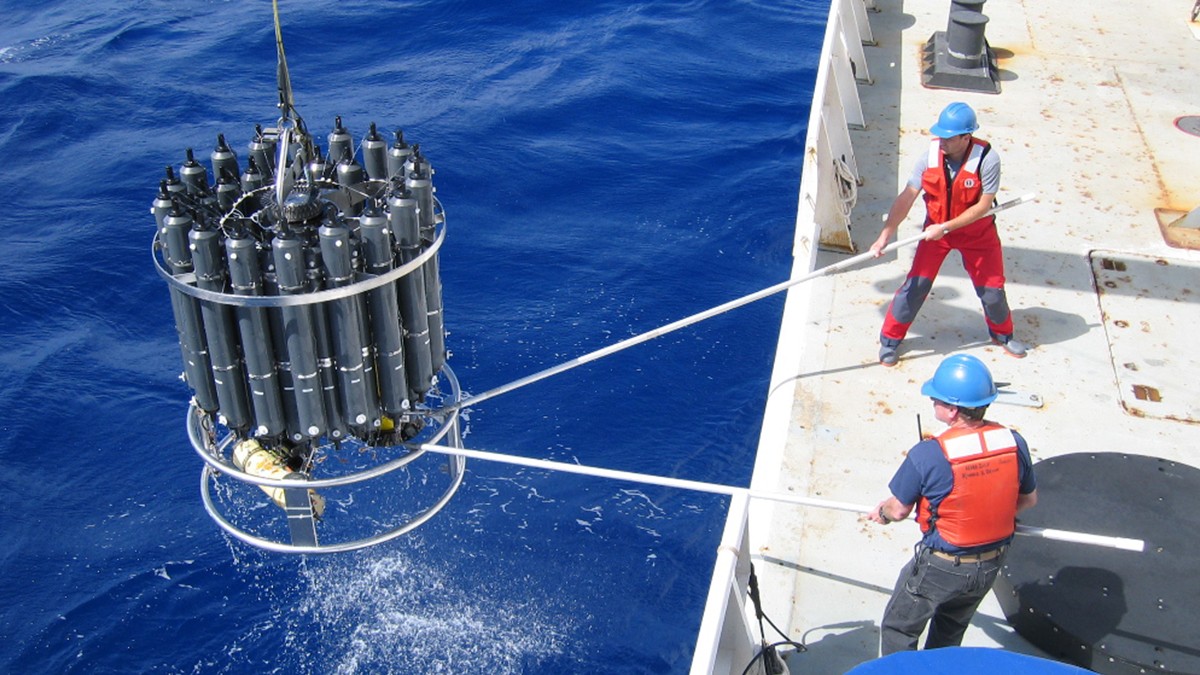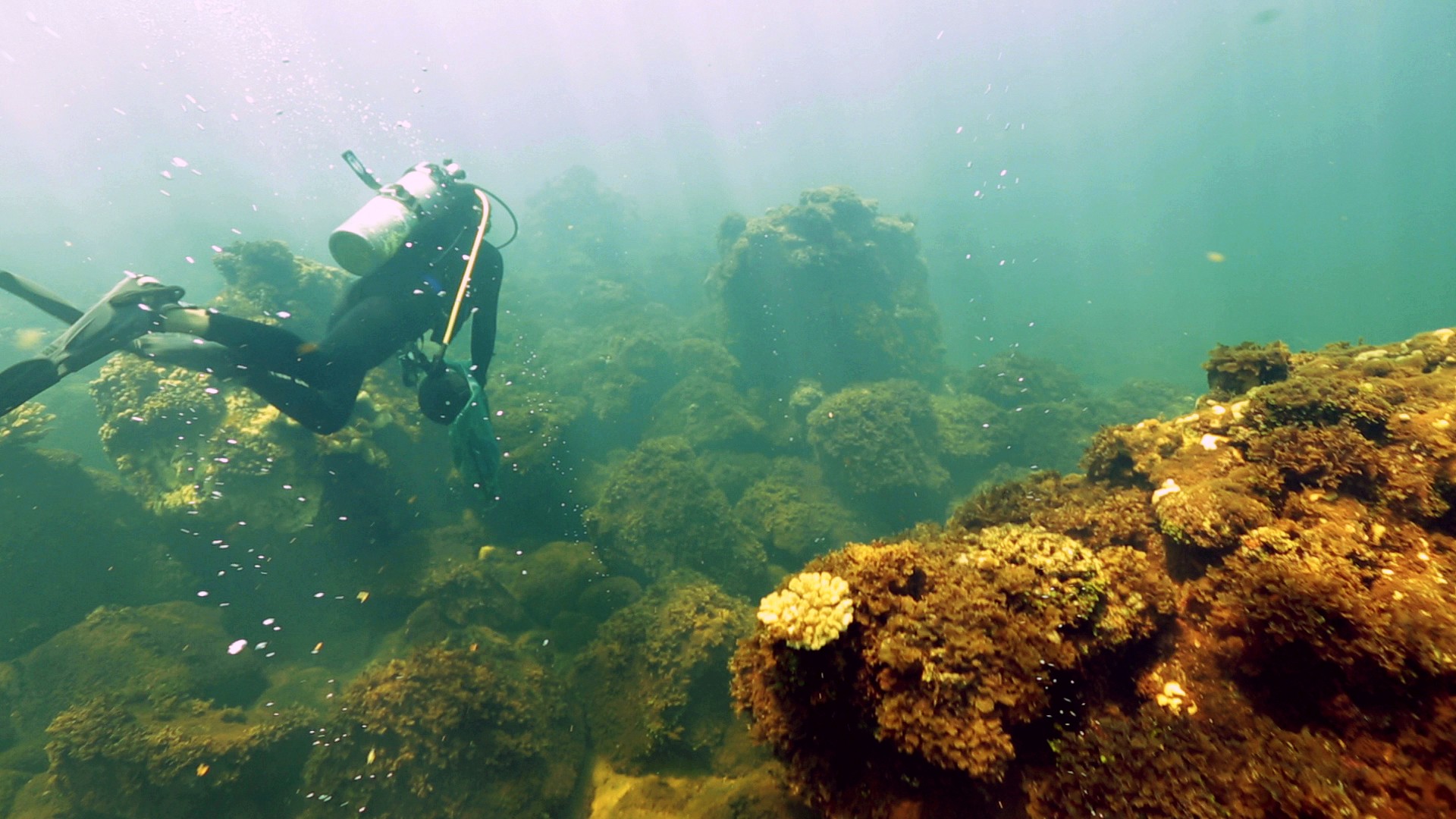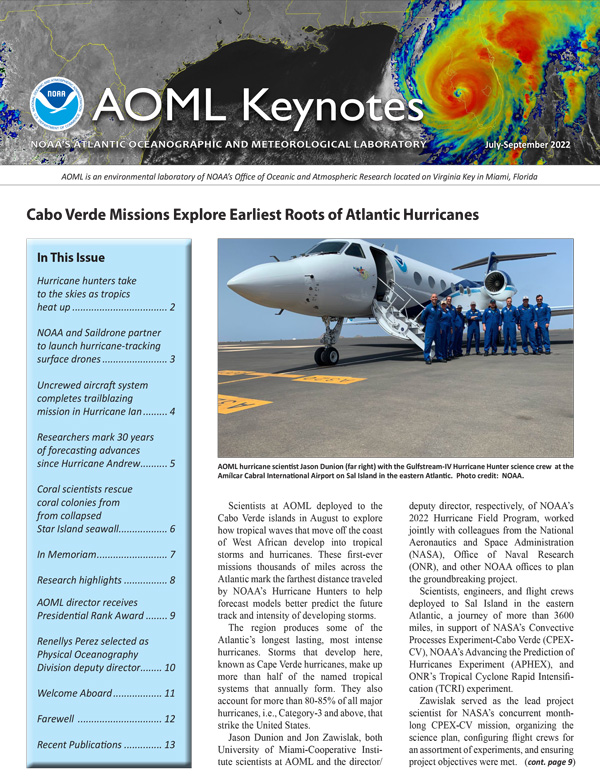Corals live and thrive by maintaining a careful balance between their growth rate and the rate of erosion. Scientists already know the projected increases in carbon dioxide in our global oceans, known as ocean acidification, will slow the rate at which corals build the hard calcium carbonate skeletons that are the foundation of their habitat. A new study published online today in PLOS ONE demonstrates that in naturally highly acidified waters, these coral skeletons will also face increased erosion from microscopic organisms, called bioerosion. The result is accelerated breakdown and loss of reef structures, and potentially the loss of essential habitat.
